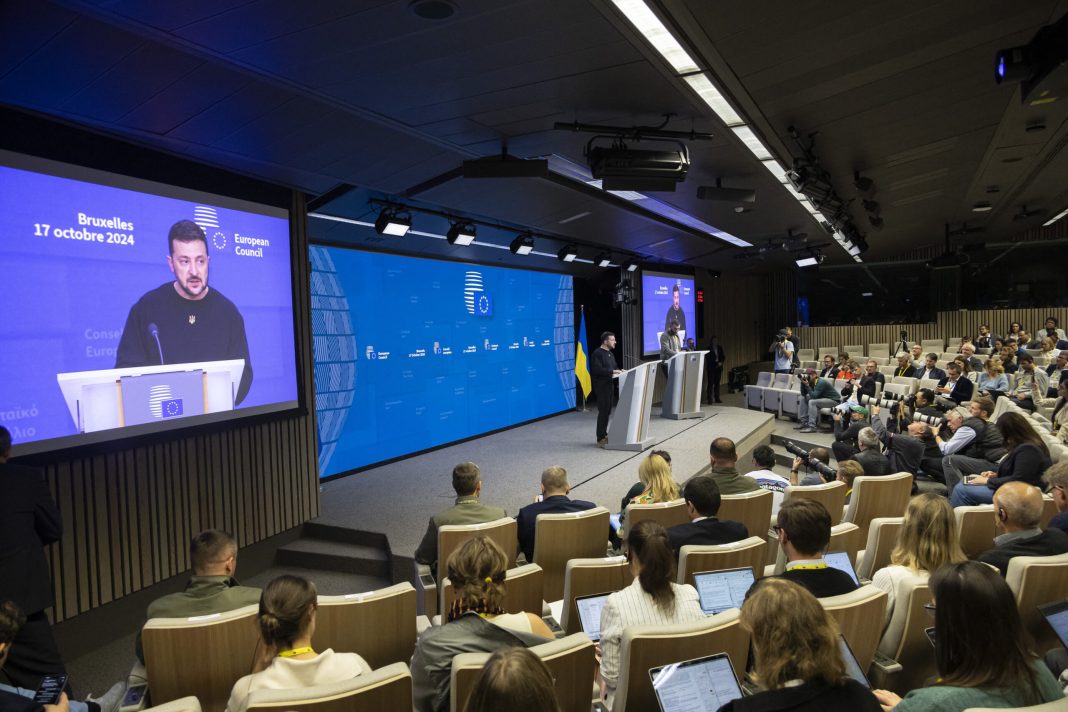In a significant escalation of rhetoric, Russia has accused Western nations of ignoring its warnings regarding the potential deployment of troops to support Ukraine. The statement comes amid heightened tensions and speculation surrounding possible military interventions by Western allies, particularly within the context of a prospective ceasefire agreement in the ongoing conflict that has persisted for nearly three years.
Russian Foreign Minister Sergei Lavrov emphasized the Kremlin’s concerns during a press conference, asserting that the discussions of sending Western troops to Ukraine displayed a lack of attentiveness to Moscow’s repeated cautions. Lavrov expressed his dismay, stating, “All these fantasies are only exacerbating the situation, and show that the people who hold such ideas prefer not to hear the very clear warnings that President Putin has repeatedly given.”
His comments reflect a growing unease in Russia regarding the signals being sent by Western leaders about their commitment to supporting Ukraine militarily. Notably, last month, French Foreign Minister Jean-Noel Barrot commented on France’s open stance toward supporting Ukraine, stating that there were no “red lines” in this commitment. He further noted that this included the possibility of deploying French troops, indicating that “we do not discard any option.”
In Germany, Chancellor Olaf Scholz weighed in on the matter as well, remarking that it was premature and “inappropriate” to consider the potential for sending German troops as part of a peacekeeping mission in Ukraine. This statement underscores the cautious approach being taken by Western leaders, even as the situation remains volatile.
Lavrov made these remarks following his participation in an OSCE summit in Malta, marking his first visit to an EU country since the commencement of Russia’s military operations in Ukraine in February 2022. The summit and subsequent statements reflect the challenging political environment as both sides remain entrenched in their positions amidst ongoing hostilities.





